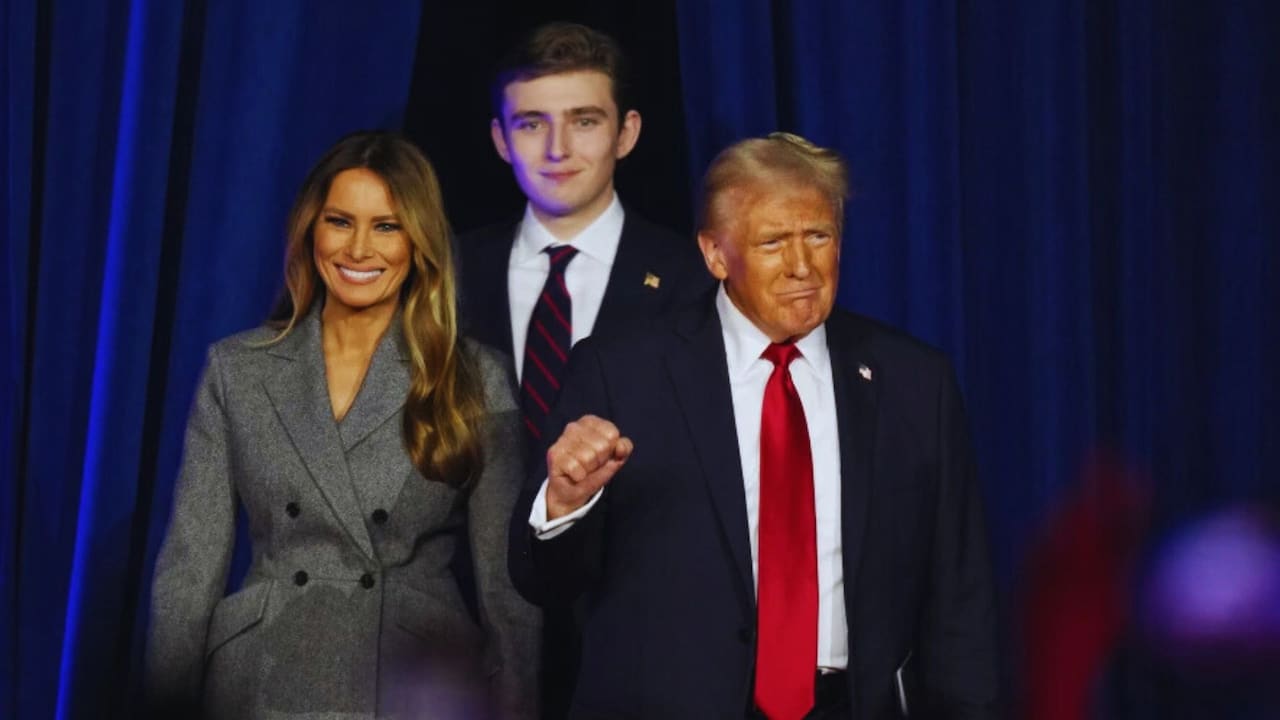Trump’s Presidential Victory Leads to Historic Pause in Federal Election Case
In an unprecedented turn of events, Special Counsel Jack Smith’s federal prosecution of former President Donald Trump’s 2020 election interference case has come to a dramatic halt following Trump’s victory in the 2024 presidential election.
Judge Tanya Chutkan made the striking decision on Friday to cancel all remaining court deadlines, responding to prosecutors’ urgent request for time to assess their next steps. This development marks a significant shift in one of the most closely watched legal cases in American history.
The case, which charged Trump with plotting to overturn the 2020 election results, now faces a unique legal hurdle: a long-standing Justice Department rule that prevents sitting presidents from facing criminal charges while in office.
This policy, designed to protect the executive branch’s ability to function, has created what prosecutors are calling an “unprecedented circumstance.”
Key developments in the case include:
- Smith’s team needs time to figure out how to handle both this case and the classified documents case before Trump takes office
- Prosecutors must submit their plans to the court by December 2
- Trump’s March trial date in Washington is now effectively canceled
- Over 1,000 of Trump’s supporters have already been convicted for their roles in the Capitol riot
The impact of Trump’s victory over Vice President Kamala Harris reaches beyond this single case. The Mar-a-Lago classified documents case, another federal prosecution led by Smith, also hangs in the balance. This case has been stalled since July when Judge Aileen Cannon dismissed it, questioning Smith’s appointment’s legality.
Trump, who has consistently labeled both cases as politically motivated attacks, didn’t mince words about his intentions. He publicly stated he would fire Smith “within two seconds” of taking office. This statement adds another layer of complexity to an already complicated legal situation.
Legal experts are now grappling with several questions:
- What happens to evidence already gathered?
- Can charges be refiled after Trump leaves office?
- How will this affect similar cases in the future?
The Justice Department’s policy on presidential immunity, which has never been tested quite like this before, stems from legal opinions designed to ensure presidents can perform their duties without the distraction of criminal proceedings. However, this situation presents a unique scenario where a president-elect faces charges for actions taken during a previous term.
The Supreme Court played a crucial role in shaping this case earlier this year. In July, the Court ruled that former presidents have broad immunity from prosecution, sending the case back to Judge Chutkan to determine which allegations could proceed. This ruling, combined with Trump’s election victory, has created a legal puzzle without clear precedent.
For now, the legal community watches closely as Smith’s team works to determine “the appropriate course going forward consistent with Department of Justice policy.” Their December 2nd deadline looms large, potentially setting new precedents for how similar situations might be handled in the future.
The pause in proceedings represents more than just a delay in a high-profile case – it highlights the complex intersection of presidential power, criminal justice, and constitutional law in American democracy.
As the country prepares for Trump’s return to the White House, the resolution of these legal matters will likely influence how similar situations are handled for generations to come.
